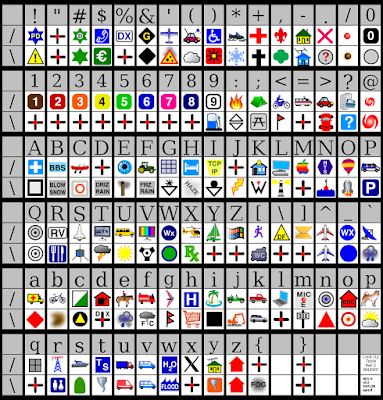Amateur Radio Updates
A few things have been going on as of late.
Out of curiosity, if anyone happens to have an edition from 40s-70s, I'd be interested to look through it to see how the focus has changed from tube projects to IC based projects.
- I've renewed my energies in studying for my Extra license. I would have to say that this test is where my previous common knowledge has hit a well. Huge sections of the Extra exam are completely new to me, which frankly, is what I really expected from the General test. Now is when I get to prove something to myself, right?
- I've been refining what I want out of this hobby, since last quarter was something of a crisis for me when, after the initial appeal of having my shiny new license wore off, I didn't know what I wanted to do. I am truly interested in the QRP homebrew scene (build my own low power radios). I have built my own Pixie 2, and am planning on going back to it to try and get it working once I get it from Sunnyvale on my next trip.
- I have joined the NAQCC (North American QRP CW Club). It's free, and I am member #3160. If you have any interest in Morse code, I encourage you to join, and make sure to say that you were refered by W6KWF. If you do, I stand a chance of winning a prize, which would be much appreciated.
- I have finally ordered my own copy of the ARRL Handbook. I've read through a lot of it, and I'm having mixed feelings about it. It certainly isn't the ultimate amateur radio book everyone seems to make it out to be. It is expansive, and very useful, but it doesn't leave nothing left to be desired. I have nothing to compare it too, but I don't doubt the grumbles about it being less focused on homebrew than it used to be. I'd like to see more than two transceivers in it, but that is likely only my personal preference. What I can't believe is the people who go out every year and buy the latest edition. I read through the section they have on WiFi, and I can't believe how aged it already is. It makes no mention of 802.11n, which has been in the works since 2004 and already has consumer products on the shelf, but what was totally unexcusable was where it said WEP was the cryptography system in use. WEP has been broken for 8 years, and its replacement, WPA, has been around since 2004.
Out of curiosity, if anyone happens to have an edition from 40s-70s, I'd be interested to look through it to see how the focus has changed from tube projects to IC based projects.

